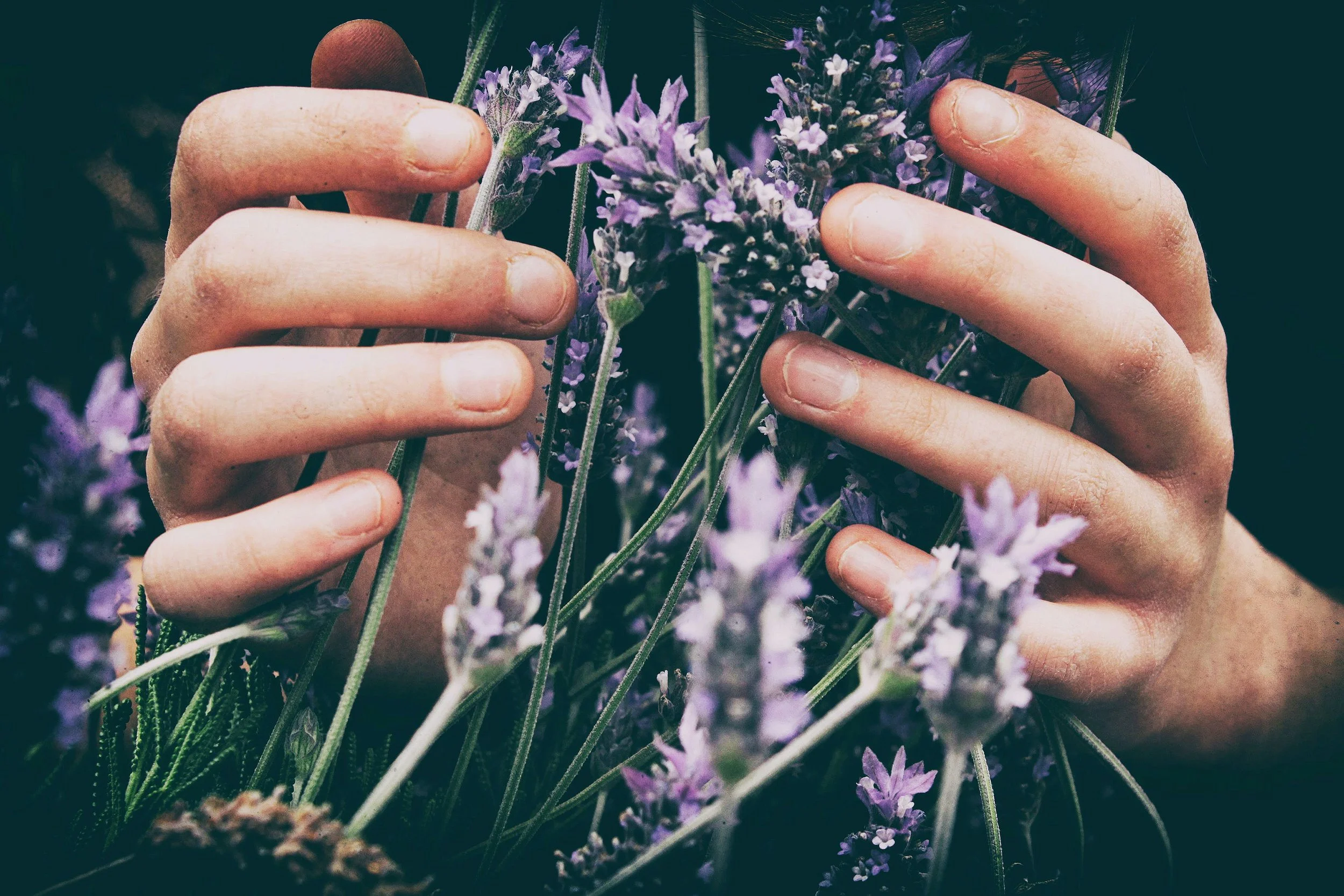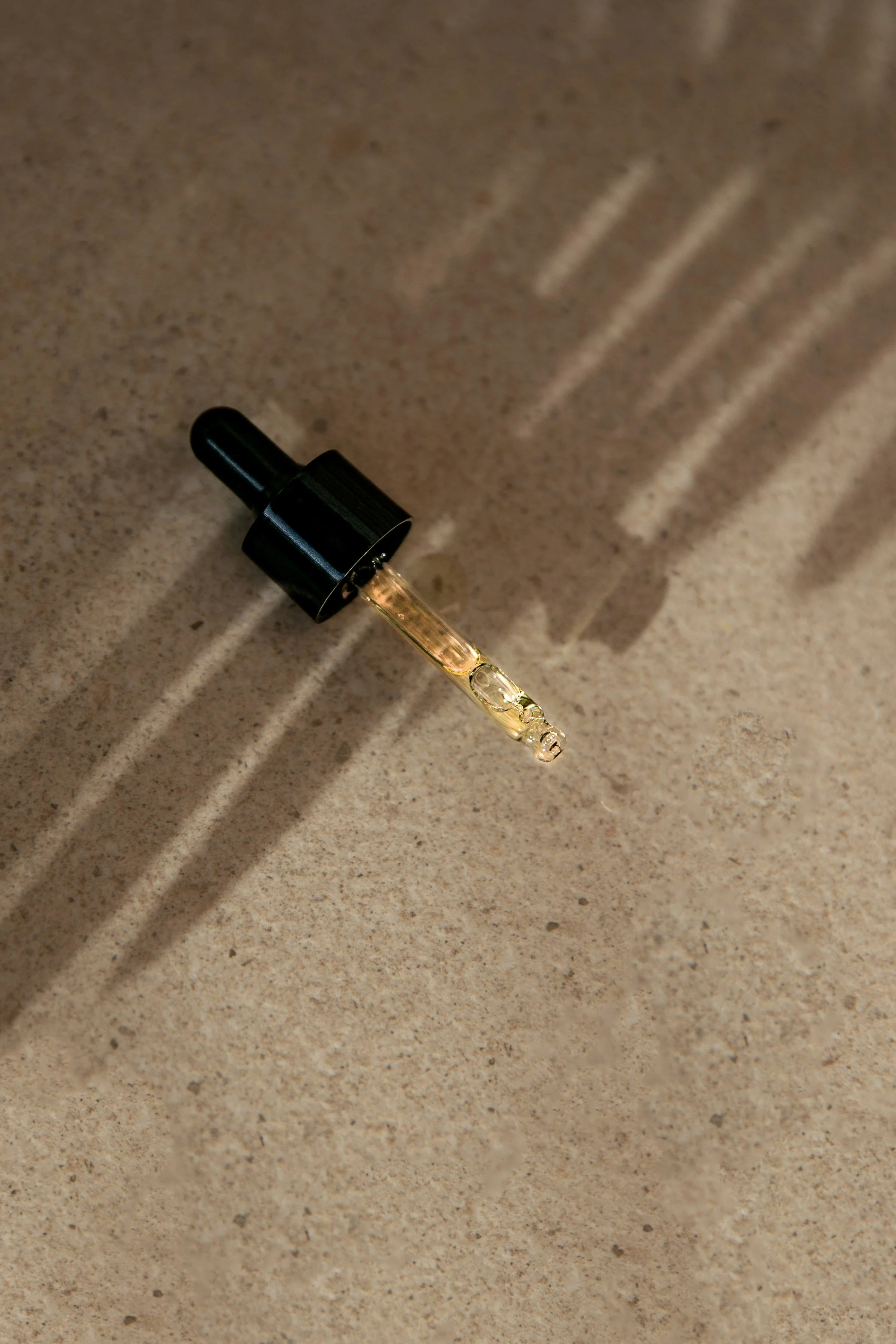The Power of Scent & Memories
Scent. It’s a profound and almost magical thing. It can connect us back to a memory, evoking emotions and even transporting us back to specific moments in time in a manner unlike any other sense.
I’ve loved learning about the brain, our neural pathways and our unconscious patterns. Our memory, which sits within all of this is a process of our rather clever brains that encodes, stores and retrieves information. I like to imagine this like a very sophisticated filling system. Whether you realise it or not, everything that you do life will tie back to your memory. It enables us to walk, talk, communicate, learn new hobbies, build relationships - even just getting from one place to the next! There is so so much to our memory.
There is also a magical relationship that our senses have with our brain and our memory. Scent in particular. Take a minute and think about a time when you came across a scent and it took you immediately back to a moment in time. It triggered all those feelings, emotions and memories. Most of us will have had this and it is incredibly powerful.
In fact, this is part of the reason that we will seek out those things that will evoke these powerful memories. I will wander streets following the scent of freshly backed bread, that I will seek out my mums favourite flowers. That I will smell fresh citrus. That I will sit for hours breathing in the sea air on a hot day. They take me back to some of my most treasured moments.
“Smell is a potent wizard that transports you across thousands of miles and all the years you have lived. The odors of fruits waft me to my southern home, to my childhood frolics in the peach orchard. Other odors, instantaneous and fleeting, cause my heart to dilate joyously or contract with remembered grief.”
-Helen Keller
The Science of Scent & Humans
Smell, really is our super-power. It’s one of the first of the senses that we form in the womb.
A baby's nose starts to form early in the 1st trimester. The baby’s nasal cavity is fully formed and the chemoreceptors for smelling are ready as early as 9 weeks gestation. They are fully connected to the brain at 13 weeks gestation. At birth, smell is the most advanced of the senses. Newborn orient themselves by smell more than any other sense and when placed on a mother's belly after birth, they will work their way up to the breast navigating by sense of smell alone. (1)
If you’ve had children or been around newborns then you will probably have quite a few memories of them and just how powerful their sense of smell is for them and for you as a parent.
Dr. Rachel Herz, Psychologist and Cognitive Neuroscientist states that “Our primitive olfactory cortex was the first fabric of our brain and from this neural tissue grew the amygdala where emotions are processed...in other words our ability to experience and express emotion grew direct out of our brain's ability to process smells.” (2)
The olfactory system, responsible for our sense of smell, has a direct link to the brain's limbic system. The limbic system is the seat of our emotions and plays a crucial role in memory formation and retrieval. This direct connection between scent and the limbic system explains why a single whiff of a familiar scent can instantaneously trigger a flood of memories.
Let’s Talk Memories and Emotions
Back to that moment when you were transported back to a memory. When we come across a scent that is familiar to us, the information about that scent is matched against our memory system (back to that filing system!). It the scent matches a memory, then the limbic system is activated and a cascade of emotions and memories is triggered.
The subtle scent of perfume can bring back beautiful moments of being with someone that you loved. I often find that scent will connect me back to places and people. Fruit, the smell of Sunday Roasts, the garden, snow even will bring me back to my nana’s in England. The scent of hot sand, of spices, of marble and fresh paint will take me back to Saudi Arabia. Scent acts quite literally as a bridge, connecting the present moment to the cherished memories of the past. It can evoke feelings of love, comfort, and nostalgia, creating a sensory experience that goes beyond the physical presence of the person
So, how can we use scent to help us form memories?
This is something that I am diving into at the moment. Knowing that there is a direct link between our memory and scent, I have started to use specific scents for special occasions so that I can absorb these memories to bring them back later.
I don’t think that this needs to be complicated and you can make this very simple. I’ve been blending up solid and roller oil perfumes but you can use things that are easy to access too. It could be:
A candle
A single essential oil.
A new perfume.
A new body lotion
A scented sunscreen (as long as it’s SPF reputable!)
A hand lotion
A soap
A fragrant incense (making sure that it is clean and not toxic)
We can even use scent for enhancing performance, having scents for focus, for clarity, for mood boosting, for new beginnings…
Let’s Switch to ‘Odor Conditioning’
Odor conditioning is a psychological process that involves the association of specific scents with certain emotional or behavioral responses. By using the same scent each time we perform a specific task we start to condition our brain. For example, if you were to use lavender, roman chamomile or vetiver at bedtime, your brain will begin to associate those aromas as a precursor to sleep, allowing you to fall asleep faster.
We can do this with stress relief, to focus when we are distracted and when we need a boost of confidence. I have a candle, incense, perfume or a diffuser oil for all of these!
"There's rosemary, that’s for remembrance. Pray you love, remember.”
-Declared by Ophelia in Shakespeare's Hamlet
References:
Varendi H, Porter RH, Winberg J. Does the newborn baby find the nipple by smell? Lancet. 1994 Oct 8;344(8928):989-90. doi: 10.1016/s0140-6736(94)91645-4.
Herz, Rachel. The Scent of Desire. (2007). Harper Collins Publishers: New York.



